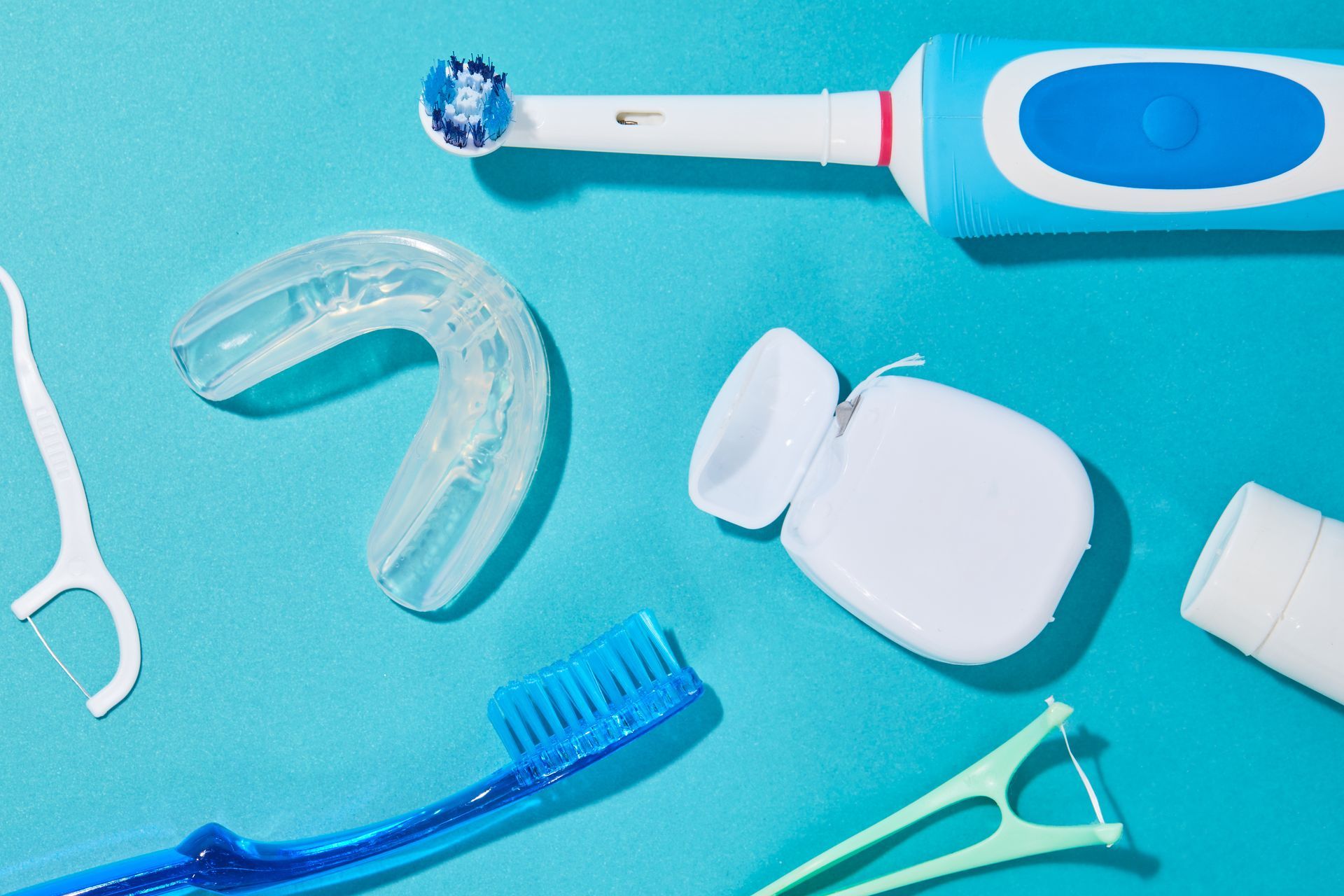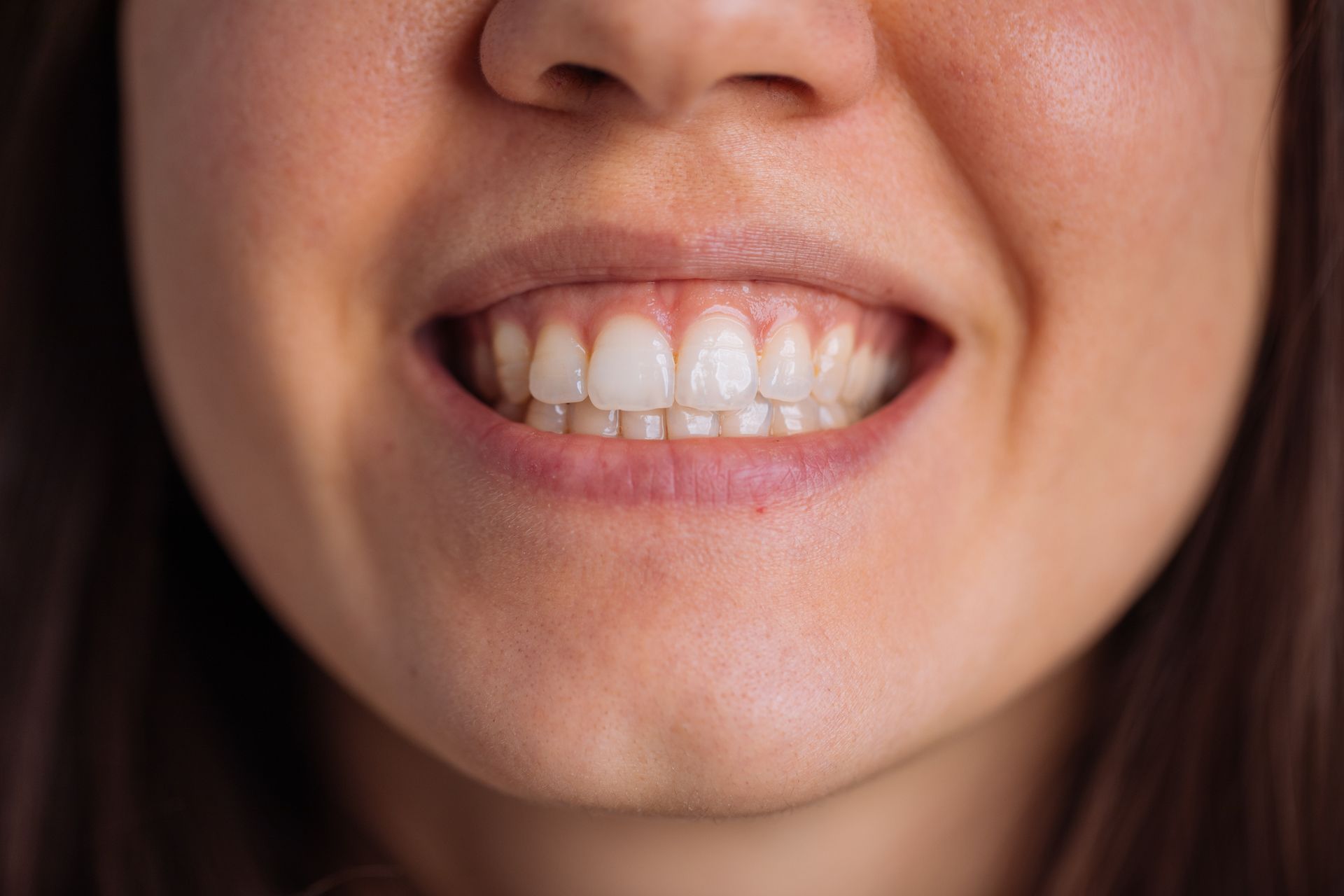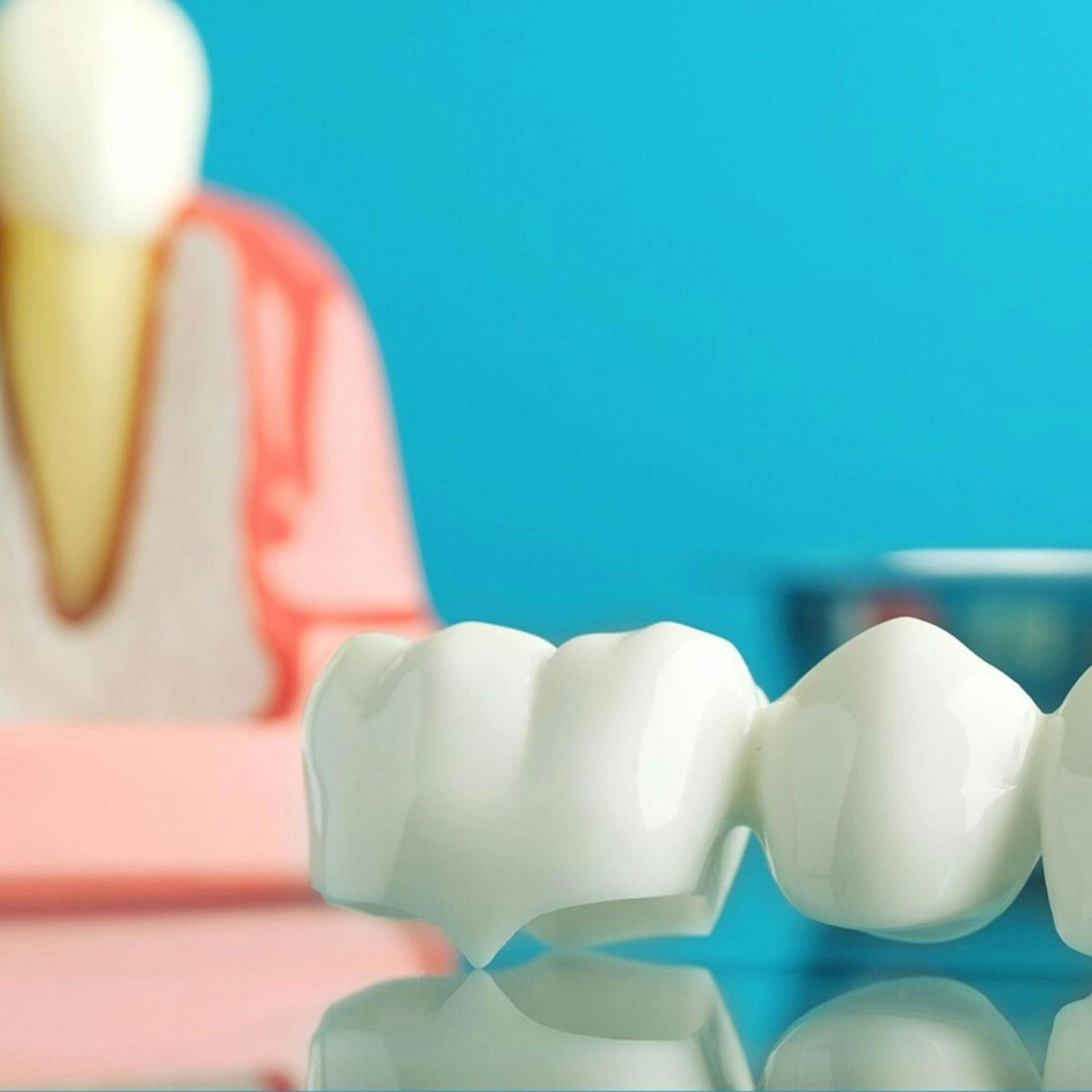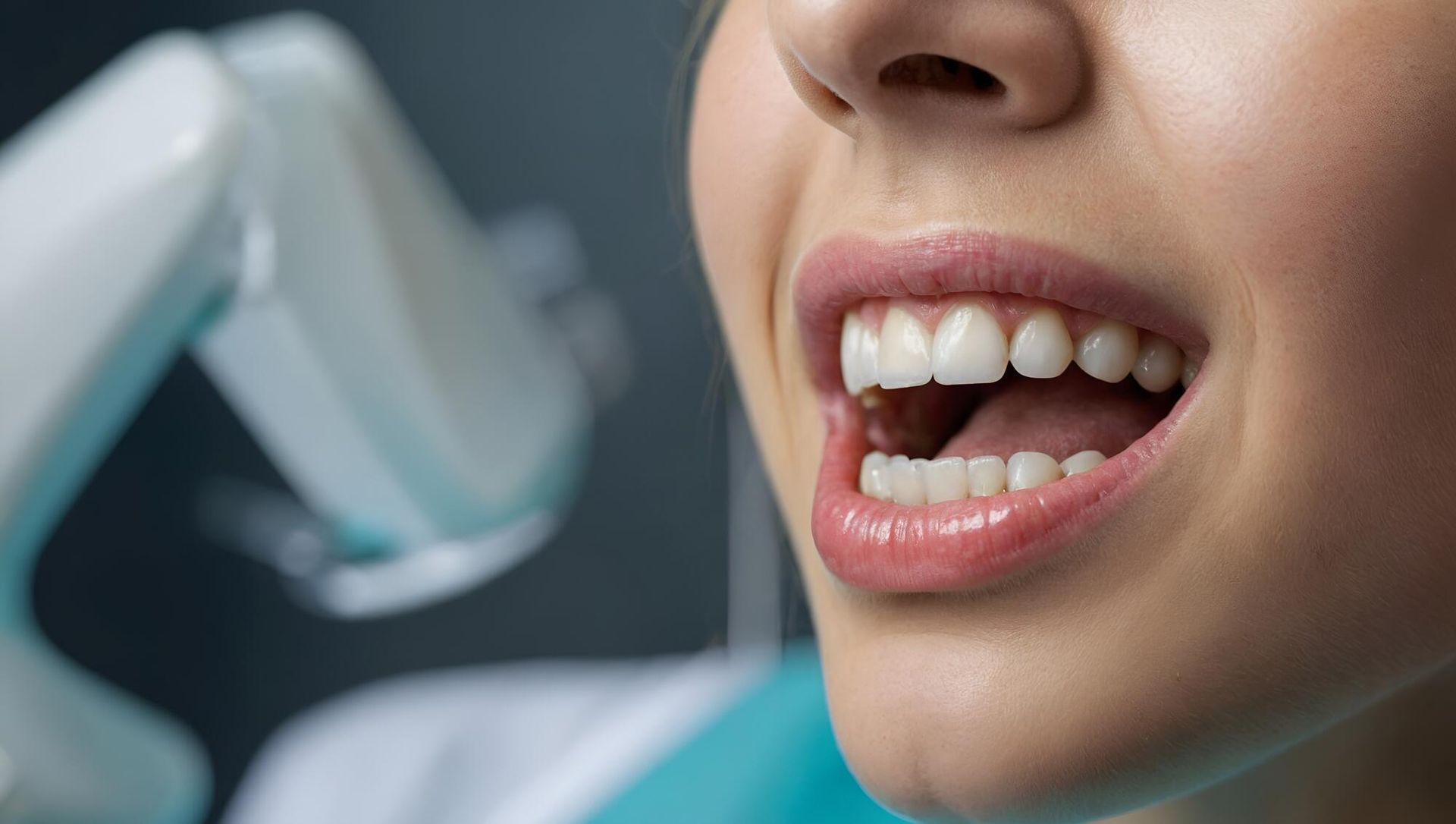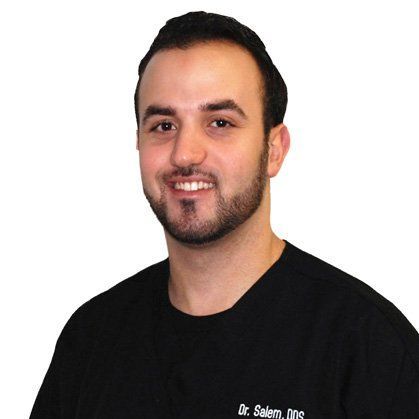Emergency Dentistry 101: 6 Common Types of Dental Emergencies, Explained
Is your tooth problem considered an emergency? We're diving into 6 common types of dental emergencies in this emergency dentistry 101 guide.
About one billion people are affected by injuries to the teeth, mouth, or oral cavity (oro-dental trauma) each year. Accidents happen! However, neglecting to seek emergency dentistry services after sustaining an injury could compromise your oral health.
What is a dental emergency, and when should you visit your dentist in Riverdale, IL for treatment? Read on to discover six common emergencies that indicate you need help right away.
1. Toothaches
Some patients shrug off a toothache as a minor inconvenience or temporary problem. You should ask yourself, "Am I having a dental emergency?" if the toothache persists. A constant toothache could indicate a serious oral health issue.
For example, toothaches are a common symptom of:
- Cavities
- Gum disease
- Bruxism (teeth grinding/clenching)
- Cracked teeth
- Damaged restorations (fillings or crowns)
- Abscessed teeth
A severe toothache could mean you have an infection or cavity. The problem won't go away on its own. If a fever or chills accompany your toothache, you're having a dental emergency.
Call your Riverdale emergency dentist right away to seek treatment. In some cases, an infection in your mouth can spread through your bloodstream. It could reach other areas of the body, including your brain.
Let your dentist know if you also experience sensitivity, throbbing, swelling, or stabbing pain.
If it's a temporary irritation, the pain should go away in a day or two. Pain associated with an abscess or cavity might come and go. You should still seek treatment.
Your dentist will perform a dental exam and schedule X-rays to find the source of the problem. They might recommend antibiotics. If bacteria has invaded your tooth pulp, you'll need root canal surgery.
2. Damaged Teeth
Knocked-out teeth and damaged teeth are common types of dental emergencies.
You could knock out a tooth after a car accident, sporting accident, or slip-and-fall incident. Locate the tooth and pick it up by the crown (not the root) right away. Rinse the tooth under lukewarm water. Don't use soap.
After rinsing it off, place the tooth in a container of milk. Visit your Riverdale emergency dentist's office right away. Your dentist can put the tooth back in place if it's not badly damaged.
If you manage to save the tooth, you can avoid dental implant surgery.
You could break or chip a tooth after an accident or by biting into a hard substance. Look for emergency dental care if you experience pain or bleeding.
Immediately rinse your mouth out using warm water. If the damaged tooth is bleeding, apply a piece of gauze. Place a cold compress onto the side of your face if you experience pain or swelling.
Otherwise, avoid activities that might cause your teeth to break or chip. Remove hard or crunchy foods from your diet that might cause damage.
3. Lost Filling or Crown
Dental crowns and fillings are restorative dentistry options. They can improve a damaged tooth's function and appearance. If you damage or lose a filling or crown, visit your Riverdale dentist.
Neglecting to fix the issue could compromise your oral health. For example, you could develop an infection. The infection could spread, affecting your overall health.
While waiting to see your dentist, place sugarless gum over the tooth. Keep the restoration safe in a plastic bag to protect it from bacteria.
4. Abscess
Bacteria can create a pocket of pus (an abscess) to form around a tooth. When left untreated, the abscess can reach the top of a tooth's root. If you don't seek treatment, you could develop mediastinitis.
You'll also experience complications.
The mortality rate for dental abscesses is 40% when left untreated. The infection could spread to your brain. If you develop an abscess, seek emergency dentistry services right away.
Your symptoms could include:
- Sensitivity to hot/cold food or beverages
- Sensitivity or pain when chewing
- Tender or swollen lymph nodes
- Difficulty breathing or swallowing
- Fever
- A throbbing headache
- A salty or foul taste
- Facial swelling
Treatment involves draining the abscess and antibiotic support.
Reduce your risk of developing a tooth abscess by prioritizing your oral health between dental cleanings. Brush twice a day and floss daily. Brushing and flossing will reduce the likelihood of plaque and tartar development.
Your risk of an abscess could increase if you're taking medications or consuming a high-sugar diet.
Schedule routine dental exams and cleanings with your Riverdale dentist every six months. They'll spot signs of oral health issues before they can progress. With help from your dentist, you can avoid a dental emergency and health complications.
5. Broken Orthodontics
The brackets and wires used for orthodontic treatment with traditional metal braces should withstand damage. However, an accident could cause you to break your orthodontics. If you damage your braces, visit an emergency dentist right away.
Neglecting to repair your braces immediately can cause pain and discomfort. It will also delay your treatment plan. A wire might start poking the inside of your gums, potentially leading to an injury.
If a wire is poking the inside of your cheek, try moving it into a more comfortable position carefully. If you can't, cover the end with orthodontic wax or gauze until you can visit your dentist.
Your dentist can repair your braces, allowing you to continue your treatment plan.
6. Swelling and Bleeding
Swelling and bleeding are usually symptoms of other oral health issues.
For example, bleeding gums could indicate you have inflammation or gum disease. Gum disease can compromise your oral health when left untreated. You could even lose a tooth.
Rinse your mouth using salt water until you can see the dentist. If your face is swelling, place a compress against your cheek.
Emergency Dentistry: Visit a Dentist in Riverdale, IL
To recap, what is a dental emergency? It's a situation that could compromise your oral health. If these symptoms sound familiar, seek emergency dentistry services right away.
Your dentist in Riverdale, IL can ensure you receive the proper treatment before you experience complications.
Need to visit a dentist for emergency treatment? We're here for you.
Contact Ivanhoe Dental Group now for emergency dental care outside of normal business hours.
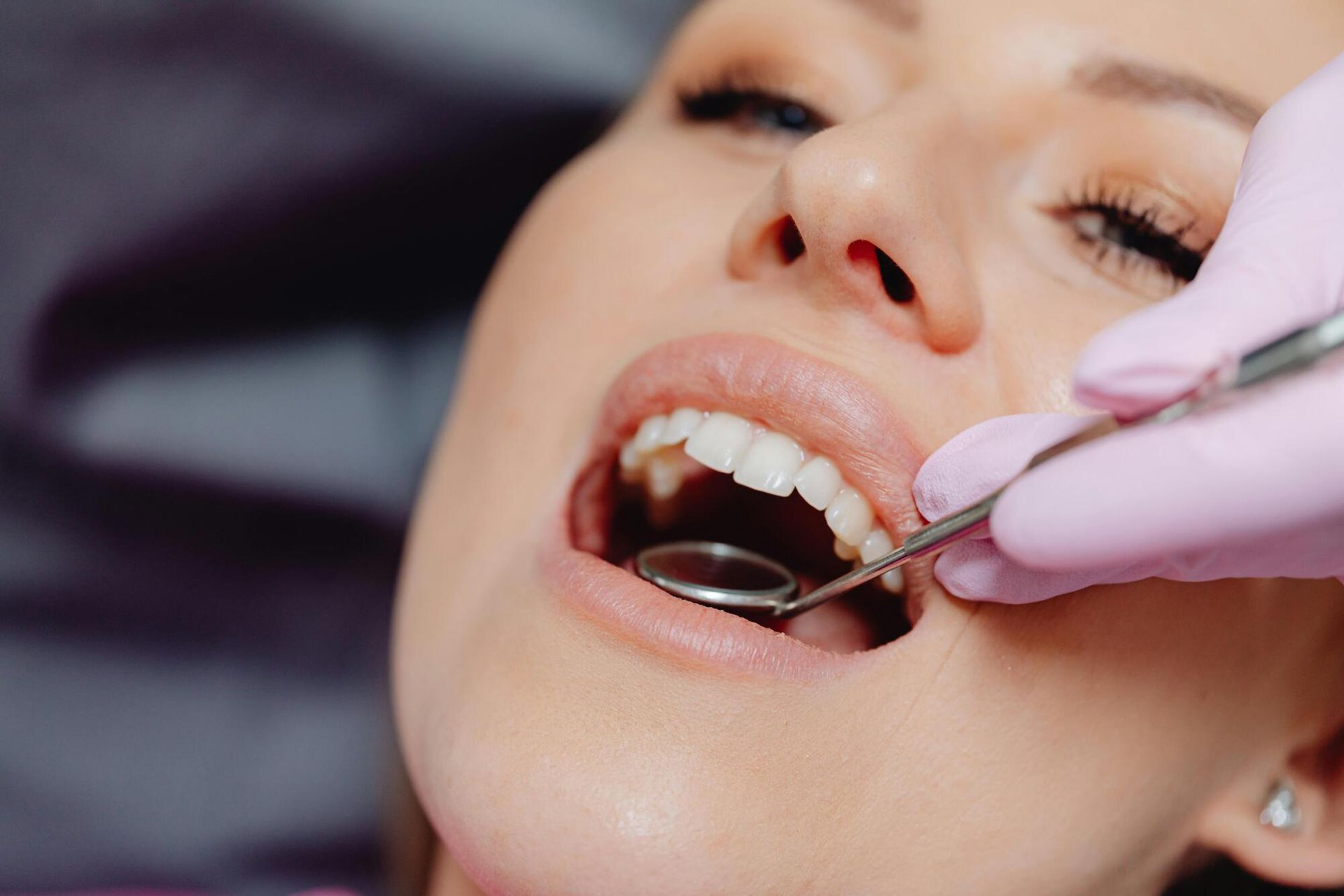

Dr. Munther Salem
D.D.S
Dr. Munther Salem grew up in the Southwest Suburbs of Chicago. He received his Bachelors of Science degree in Biology from Benedictine University. He then attended the University of Illinois at Chicago School of Dentistry, where he earned his Doctor of Dental Surgery degree. Dr. Salem is an active member of the American Dental Association, Chicago Dental Society, and Illinois State Dental Society. Dr. Salem has also been on two medical mission trips to Jerusalem treating special needs children. Dr. Salem enjoys traveling and spending time with his wife and daughter. Dr. Salem is happy to be back in the South Suburbs where he grew up to provide excellent patient care to the Ivanhoe Family.
Dr. Monil Shah
D.D.S
Dr. Shah completed his dental education at Boston University School of Dental Medicine and has been practicing dentistry since 1999. In the years since, he has devoted himself to creating an environment in which patients know they are welcome as soon as they walk in the door. He is focused on providing excellent dental care and helping patients stay comfortable throughout their visits. Dr. Shah believes in giving patients the time to ask questions about their health and providing them with knowledgeable answers.
Dr. Janani Gurukkal
D.D.S
Dr. Gurukkal is new to the windy city and excited to join the Ivanhoe team. She was born and raised in Nashville, TN. She received her Bachelors of Science in Kinesiology from the University of Kentucky. She then pursued her Doctor of Dental Medicine at the University of Louisville. After graduation, she completed an Advanced Education of General Dentistry residency at A.T Still University in Arizona. Dr. Gurukkal has always had a passion for healthcare. She understands the importance of oral health and how it can have a profound impact on your overall health. She enjoys taking her time to get to know her patients in order to provide them with the highest quality of care. Her goal is to create an environment where patients can feel safe and comfortable to get the treatment they deserve. Dr. Gurukkal is an active member of the American Dental Association, Illinois State Dental Society, and Chicago Dental Society. She devotes her time to continuing education in order to stay current with the latest advancements of dentistry.
Outside the clinic she has spent time volunteering in her local community as well as abroad. In her free time, Dr. Gurukkal loves traveling and spending time with her family.
Dr. Ken Arrietta
D.D.S
A firm believer in patient education, Dr. Arrieta is a specialist in periodontics, the treatment of all the supporting structures of the teeth, including the gums, and the placement of dental implants. Dr. Arrieta’s skills enable many patients to complete their entire treatment plans at our location, avoiding the necessity of being referred to another office.
After completing his undergraduate studies at Loyola University, where he also made the Dean’s List, Dr. Arrieta earned his Doctorate of Dental Surgery at Northwestern University School of Dentistry. He continued his advanced specialist training at the University of Iowa where he received his Certificate in Periodontics.
Dr. Ravneet Bhullar
D.D.S
Dr. Ravneet Bhullar grew up in the heart of Atlanta, Georgia. He received his Bachelors of Science degree in Biology from the University of Georgia. Go Dawgs! Soon after Dr. Bhullar earned his Doctor of Dental Medicine degree from the University of Louisville School of Dentistry. Dr. Bhullar is an active member of the American Dental Association, Chicago Dental Society, and Academy of General Dentistry. Dr. Bhullar loves helping his patients' smile and helping them to maintain their oral health. When Dr. Bhullar is not in the office, he enjoys traveling to new places and spending time with his fiancée and their lovely cavalier poodle named Bean. Everyday Dr. Bhullar looks forward to learning more about his patients and providing them with all their dental needs!




